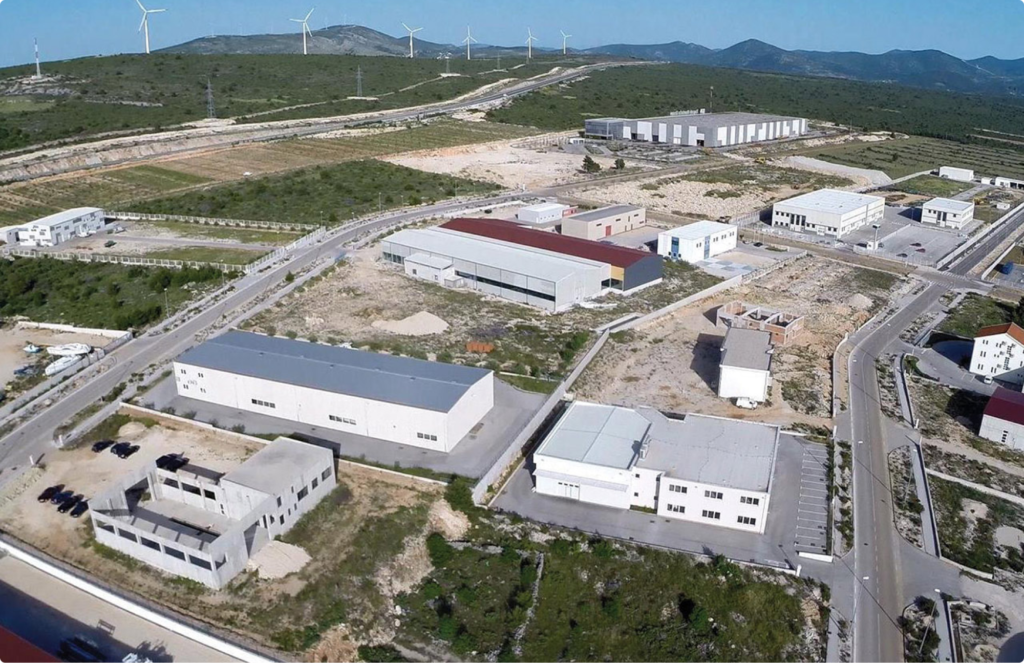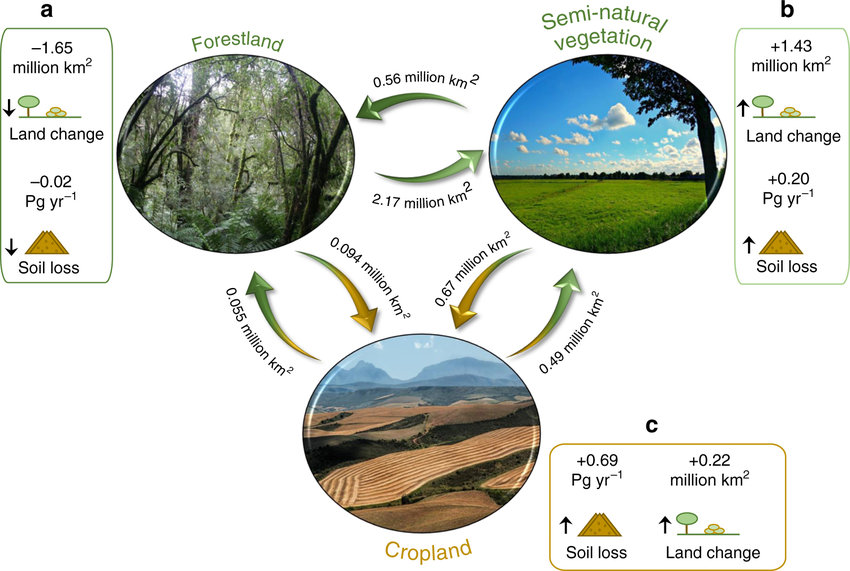Services
- Home
- Services
- Plan Approvals
- DC Conversions
- Denotification
- Land Grant / Sale Permissions
- Katha Services
- Podi
- Change of Land Use

Plan approval in the real estate industry is a crucial process that governs the development and implementation of various real estate projects. Whether it’s the construction of residential buildings, commercial complexes, or mixed-use developments, obtaining plan approval is essential to ensure that the proposed projects meet legal requirements, safety standards, and urban planning guidelines.
Real estate projects must comply with local building codes and zoning regulations, which dictate the allowable land use, building height, setbacks, and other parameters. Plan approval verifies that the proposed project aligns with these guidelines.
Safety is of paramount importance in real estate development. The plan approval process involves a thorough assessment of the project’s structural integrity and compliance with safety standards to ensure that the buildings are designed to withstand various hazards.
Real estate projects can significantly impact the environment. As part of the plan approval process, environmental considerations are evaluated through an environmental impact assessment (EIA) to understand the potential effects on surrounding ecosystems and natural resources.
Approval authorities assess whether the proposed project has adequate access to essential infrastructure and utilities, such as water supply, sewage systems, electricity, and transportation networks.
After obtaining plan approval, developers may need to secure additional permits and clearances before commencing construction. These may include environmental clearances, building permits, and certificates of occupancy.
Benefits of Plan Approval in Real Estate
-
Plan approval ensures that real estate projects are in line with local laws and regulations, minimizing the risk of legal disputes and delays during construction or operation. -
Public consultations foster community involvement, allowing developers to address community concerns and contribute positively to local needs. -
In conclusion, plan approval in real estate is a comprehensive process that ensures responsible, safe, and sustainable development. By adhering to regulatory requirements and addressing environmental and safety considerations, approved real estate projects contribute to the growth and improvement of communities while upholding the interests of all stakeholders involved.

DC Conversion is a legally mandated process in Karnataka that allows the conversion of agricultural land into non-agricultural use, making it suitable for residential, commercial, or industrial purposes. The conversion is authorized by the District Commissioner, granting approval for the land’s non-agricultural utilization.
To convert agricultural land for non-agricultural purposes, the landowner must apply for DC conversion under Section 95 of the Karnataka Land Revenue Act. Successful conversion results in the issuance of an A Khata Certificate, signifying the land’s compliance with non-agricultural use.
Failure to obtain DC conversion for agricultural land can lead to penalties, and any constructions on such land may be subject to demolition by the authorities. Additionally, obtaining loans and building licenses would become challenging without the DC conversion certificate. Constructing residential apartments on agricultural land is considered illegal, emphasizing the importance of securing the DC conversion certificate before commencing any construction activities.

Denotification, in the context of land and real estate, refers to the process of reversing the earlier notification that declared a particular piece of land as “acquired” or “reserved” by the government for a specific purpose, such as public infrastructure, urban development, or any other public project. Denotification effectively returns the ownership and possession of the land back to its original owner or entity.
The process of acquiring land by the government for public projects is known as land acquisition. This typically involves issuing a notification to declare the land as “acquired” for a specific public purpose, often compensating the landowners or affected parties based on prevailing laws and regulations.
In certain situations, the government may decide to change the purpose for which the land was acquired, or the intended project may be cancelled or altered. In such cases, denotification is initiated to reverse the earlier notification and release the land from its acquired status.
Denotification restores the ownership and possession of the land to its original owner or entity from whom it was initially acquired by the government.
The process of denotification may involve compensating the original landowners or parties who were affected by the earlier land acquisition. The legal aspects of denotification may vary depending on the specific laws and regulations in the region.

Land grant/sale permissions refer to the necessary approvals and permissions required from the relevant authorities to grant or sell land to a party. These permissions are vital to ensure that the land transaction complies with legal regulations and safeguards the interests of all parties involved.
Before granting or selling land, it is essential to check the land’s zoning and land use regulations to ensure that the intended use aligns with the permissible activities in that particular area. The seller must establish legal ownership of the land and ensure that there are no disputes or encumbrances that could affect the transaction.
Depending on the location and nature of the land, various government authorities may need to grant approvals. These may include municipal corporations, development authorities, or other relevant bodies. If the land is located in an ecologically sensitive area or if the intended use has potential environmental implications, environmental clearances may be necessary.
If the buyer intends to construct buildings or structures on the land, obtaining building permissions from the local authorities is crucial to ensure compliance with construction regulations. In some cases, where agricultural land is being sold for non-agricultural purposes, conversion permissions may be required. Proper legal documentation, such as sale deeds, title certificates, and no-objection certificates, must be prepared and executed to formalize the land transaction.

The primary purpose of a Katha is to determine the ownership of a property and assess it for tax purposes. It helps the authorities keep track of properties, their owners, and the corresponding tax liabilities. In Karnataka, there are different types of Katha certificates, including A Khata, B Khata, and E Khata. Each type serves a specific purpose.
A Khata: This certificate is issued for properties that comply with all building bylaws and have obtained all necessary approvals. Properties with A Khata are considered legal and can easily avail services like electricity, water supply, and sewage connections.
B Khata: This certificate is issued for properties that have some deviations from building bylaws or lack certain approvals. Properties with B Khata do not have all the privileges of A Khata properties.
E Khata: This certificate is issued for properties that are not yet fully approved by the authorities but have applied for regularization. E Khata properties are under scrutiny, and their legality may be subject to further verification.
Property owners can obtain a Katha certificate by applying to the local municipal corporation or BBMP. The process involves providing necessary documents, such as property ownership proof, building plan approval, tax receipts, and any other required paperwork. The property tax amount is determined based on the information mentioned in the Katha certificate, including the size of the property, its location, and the applicable tax rates. Having a valid and appropriate Katha certificate is essential for property owners as it not only enables them to pay property taxes but also facilitates various property-related transactions like buying, selling, or availing utilities.
It’s important to note that the specifics of Katha certificates may vary from one Indian state to another, and the information provided here is specific to Karnataka. Property owners and buyers should always consult local authorities or legal experts to understand the Katha system and its implications accurately in their respective regions.

In Karnataka, it has become a requirement to have a Land Podi prepared before buying or selling any agricultural land. The Land Podi document provides a detailed breakdown of the survey numbers into smaller sub-divisions, making it easier for potential buyers and sellers to understand the land’s boundaries and demarcations.
The Land Podi system brings clarity to the agricultural land’s boundaries and demarcations, reducing the chances of disputes or conflicts related to land ownership. Sub-Divisional Information: By having the land divided into smaller survey numbers, buyers and sellers can have a more detailed understanding of the property, making it easier to assess its value and potential.
With the Land Podi document, the land transaction becomes legally compliant, as it provides an accurate representation of the sub-divisions of the agricultural land. The Land Podi process promotes transparency in agricultural land transactions, ensuring that all parties involved have a clear understanding of the land’s characteristics and boundaries.
If you have undergone the Podi system for your land and have obtained a Land Podi document, it is a valuable asset that can provide you with the necessary clarity and legal compliance for any future land dealings. It’s always recommended to keep your land documents updated and in order to avoid any potential issues in the future.

Change of Land Use process is given below
Zoning Regulations: The BDA establishes zoning regulations and land use policies that guide development in Bangalore. These regulations dictate how land can be used within the city, with different areas designated for residential, commercial, industrial, or other purposes. Proposed changes must conform to these zoning regulations and comprehensive land use plans.
Land Acquisition: Once the file is submitted, it will be forwarded to the Land Acquisition Department for verification. They will assess whether the land and survey number are not subject to the BDA Land Acquisition Act. Subsequently, the file will receive approval from the Land Acquisition Department.
Survey Department: The surveyor will visit the land to conduct a physical inspection and provide a detailed report. They will assess the condition of the road and its alignment during their inspection.
Newspaper Publication: The BDA often conducts public consultations as part of the CLU process. These consultations provide local residents, businesses, and stakeholders the opportunity to voice their opinions, concerns, or support for the proposed changes. Public input is an important aspect of ensuring that the interests of the community are taken into account.
Committee Meeting: The file will be reviewed by the committee, which includes key directors such as the Joint Director, Additional Director, Town Planning Member, BDA Commissioner, and the Chairman. They will collectively grant their approval for the file.
Once the committee grants its approval, the Change of Land Use Certificate will be issued to facilitate further development.
